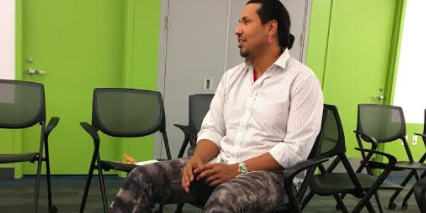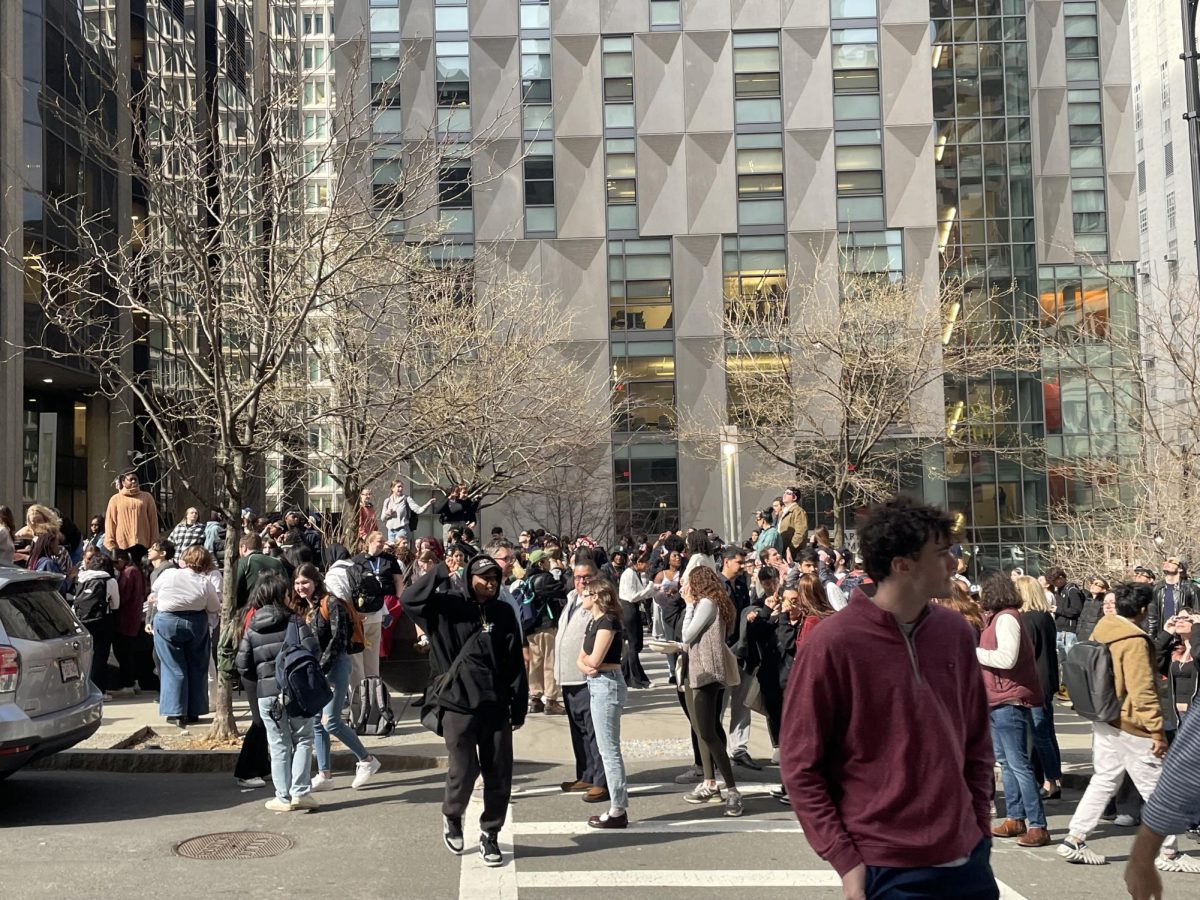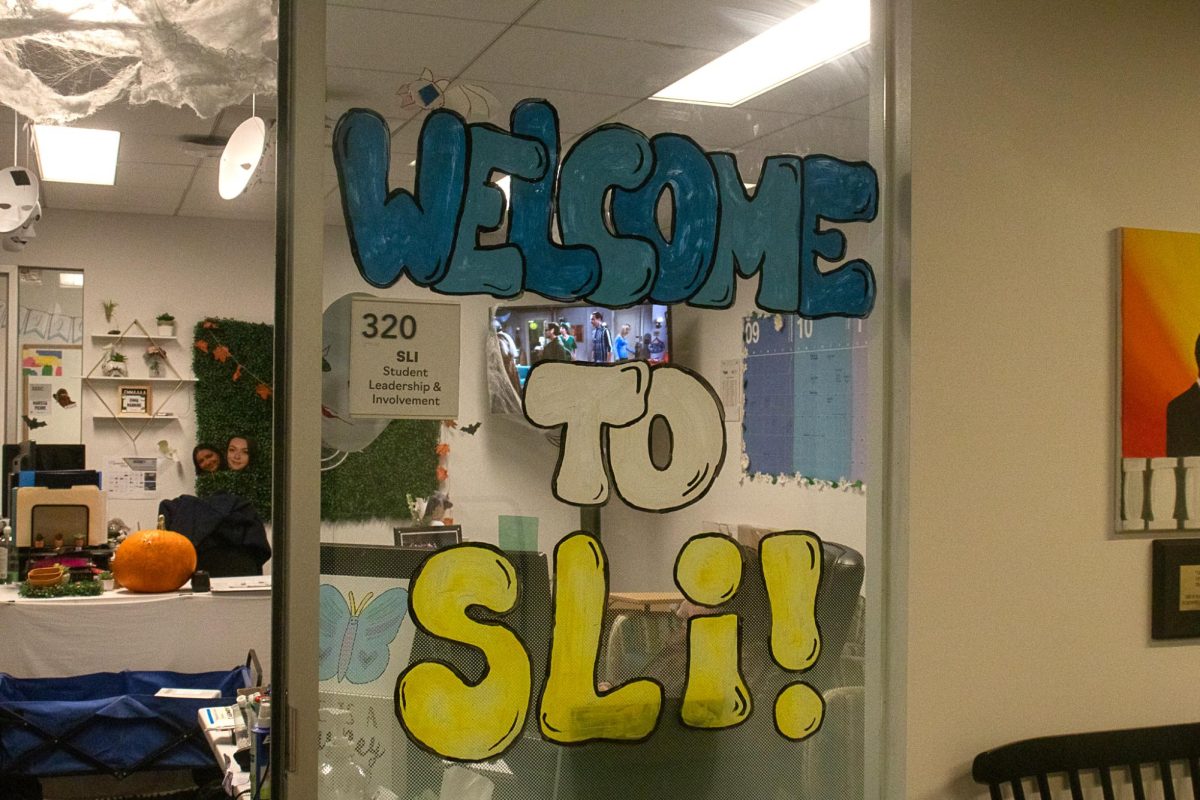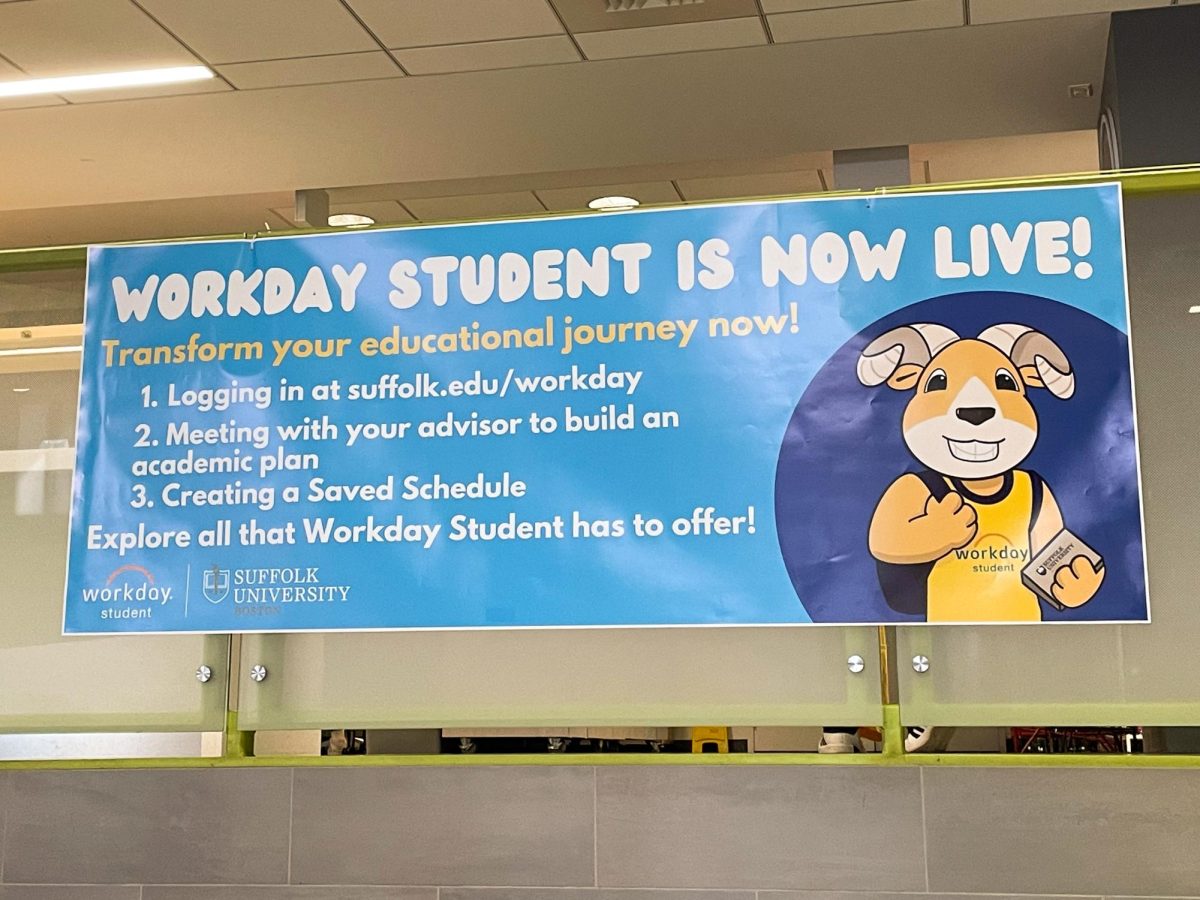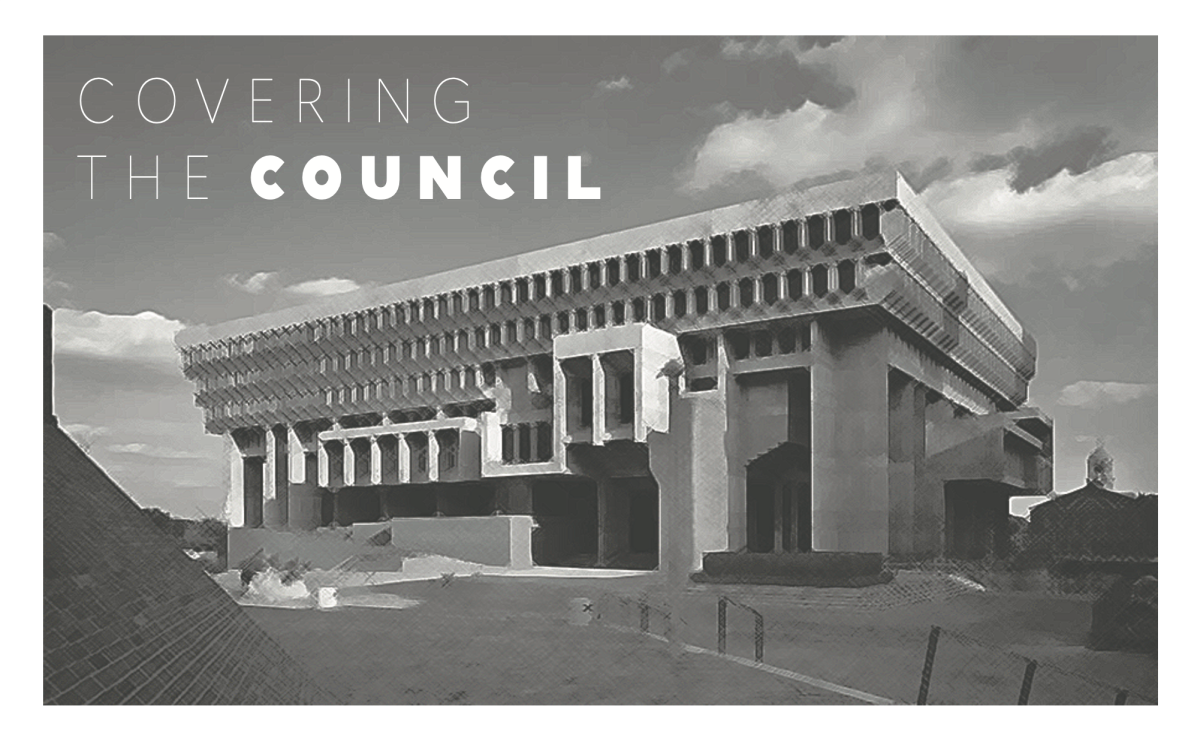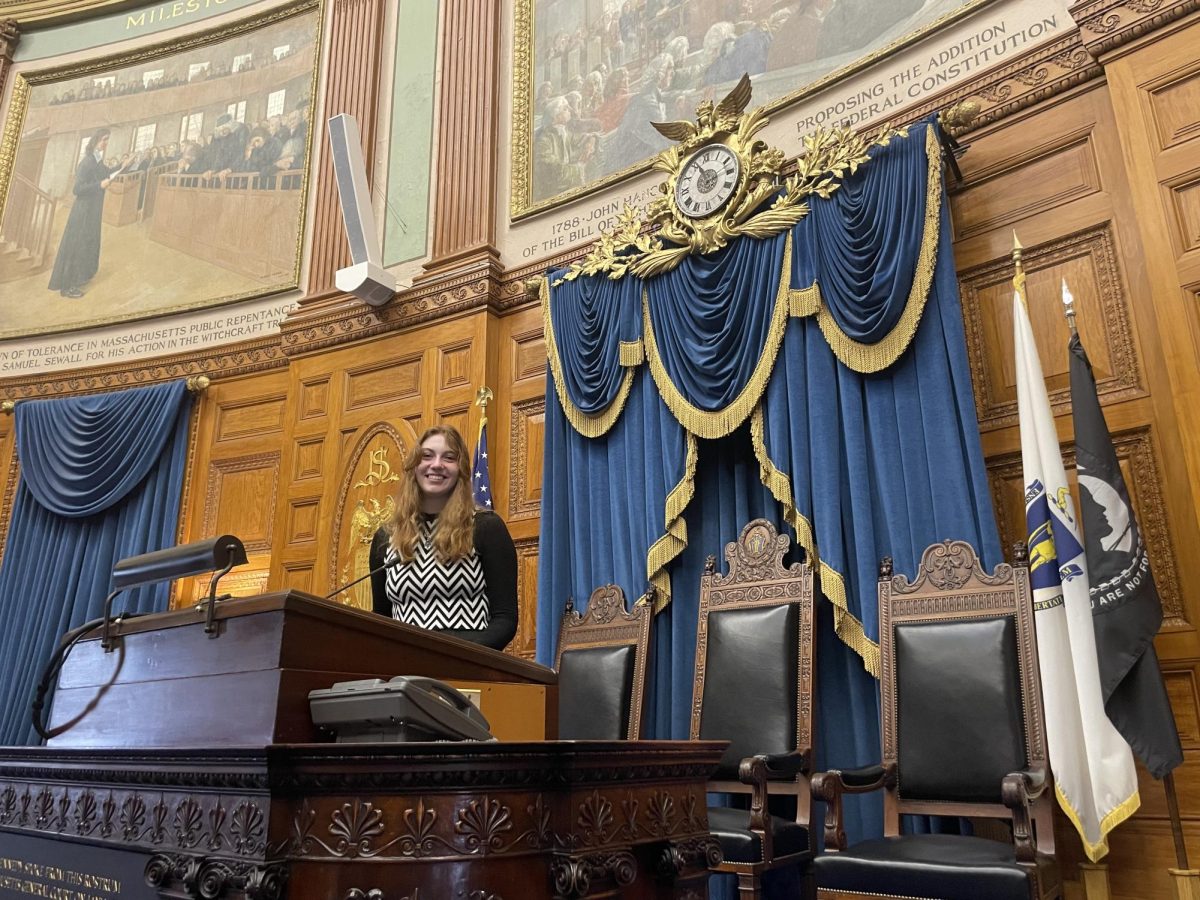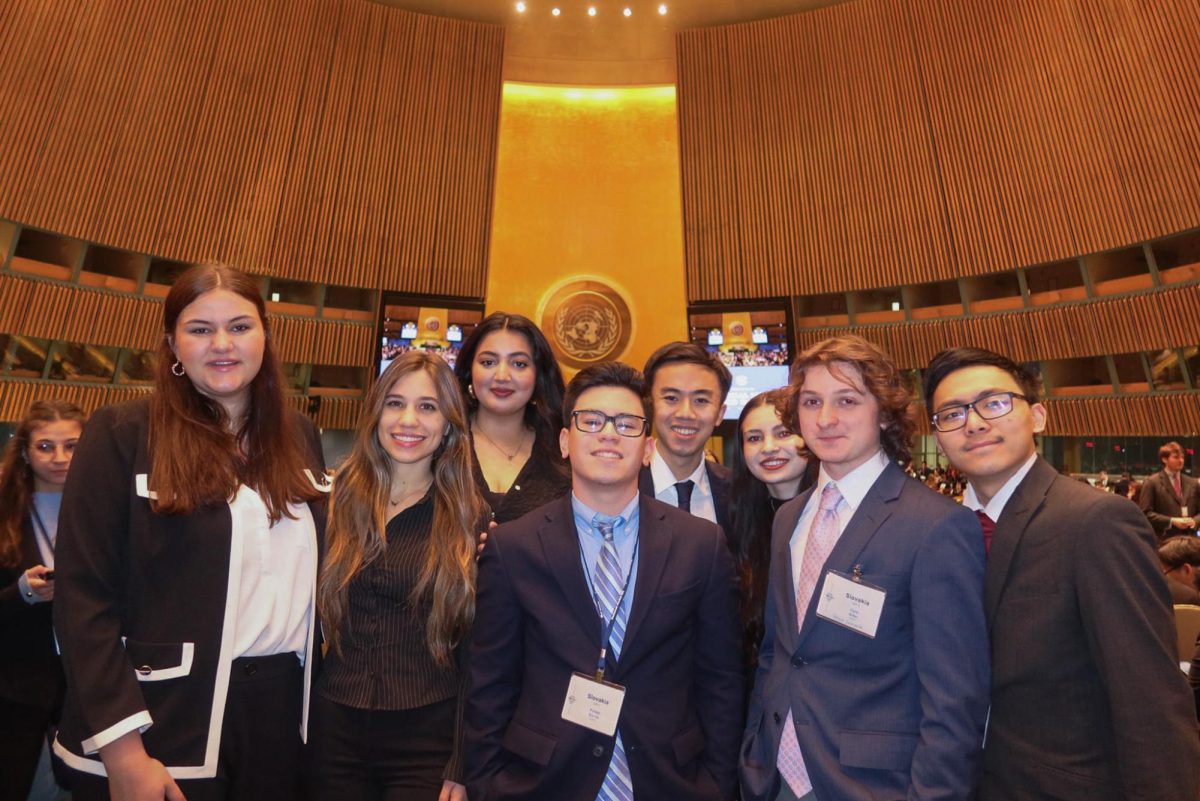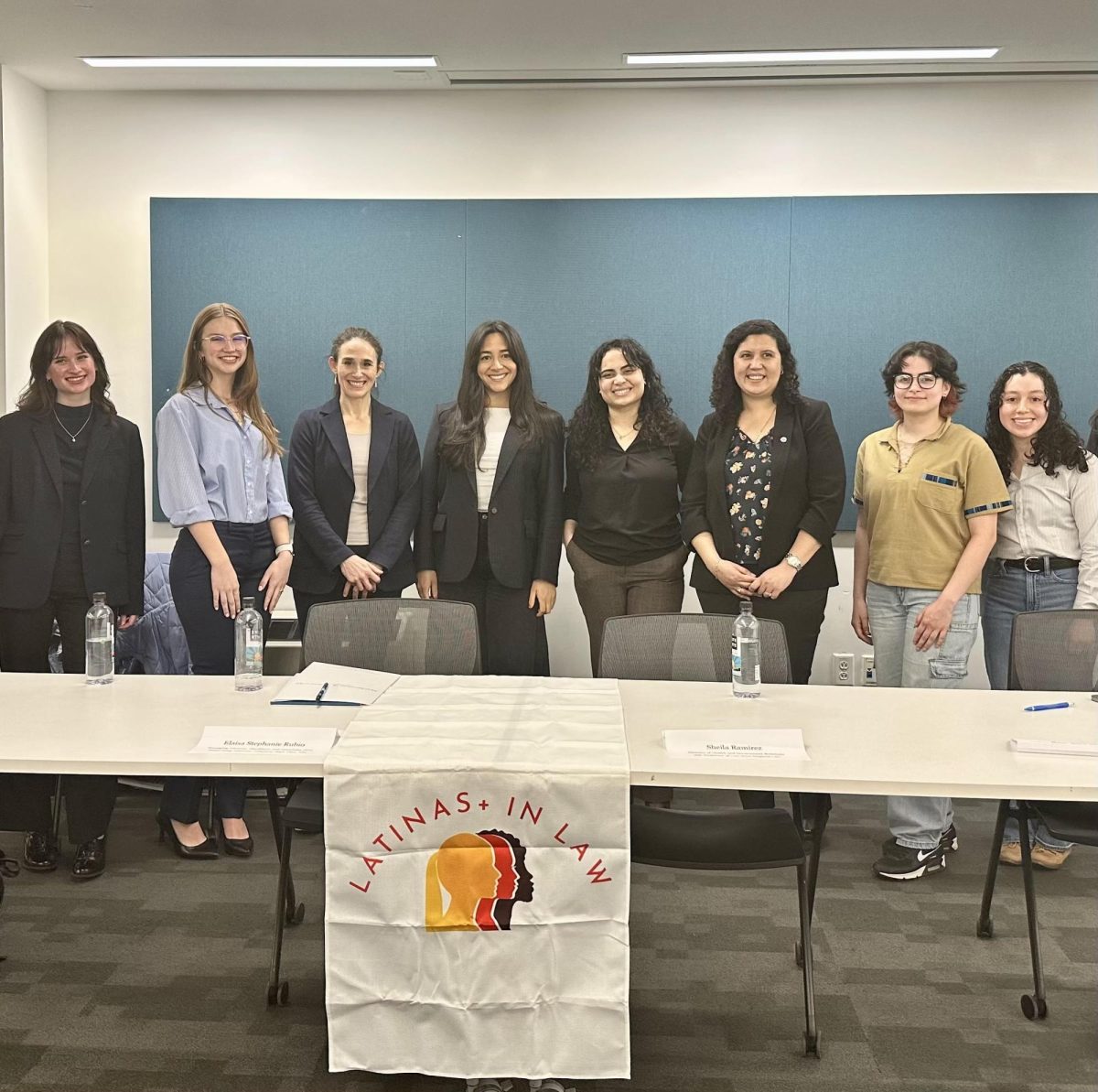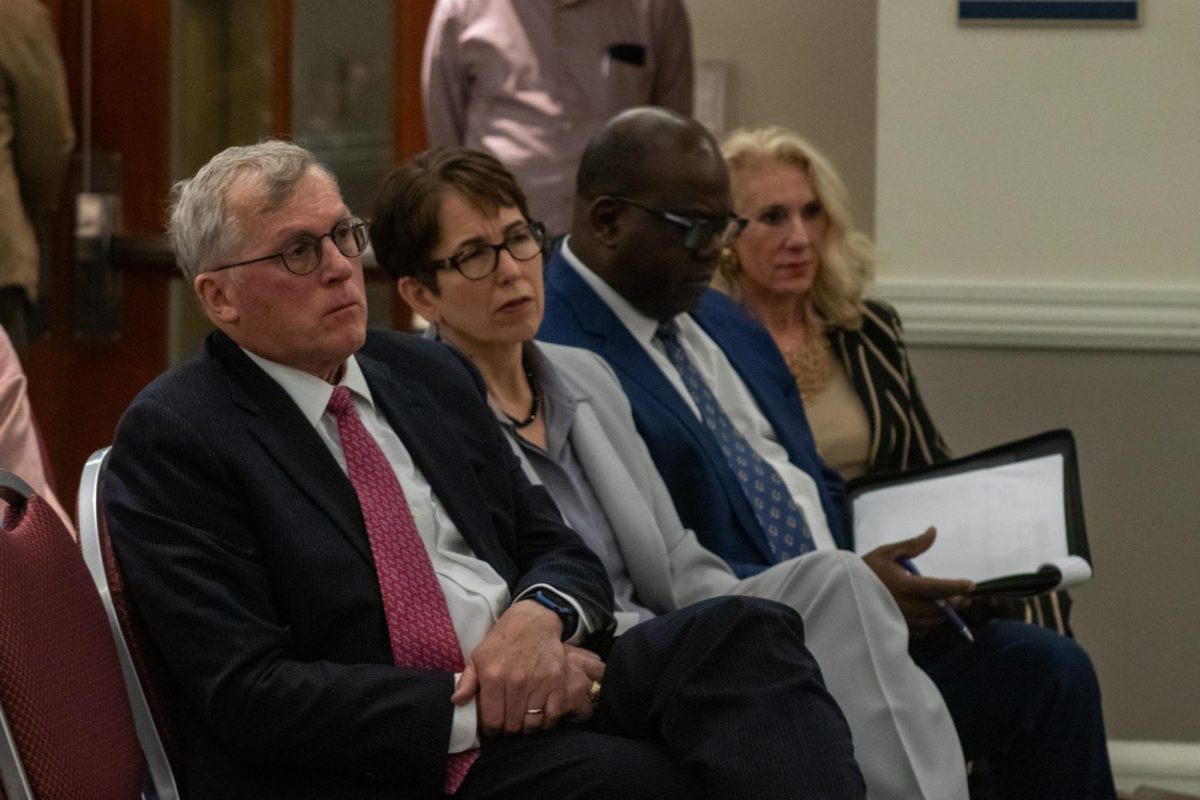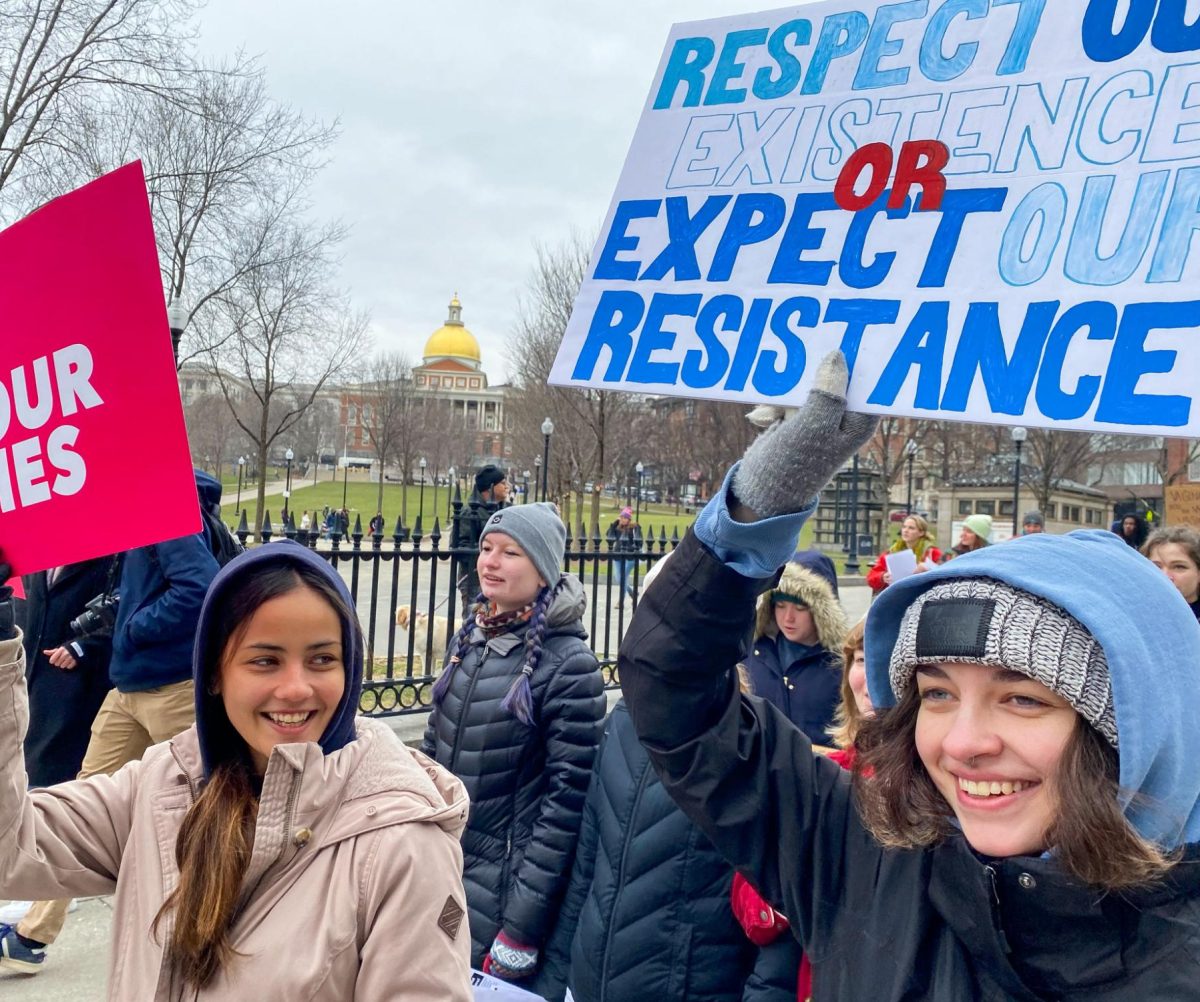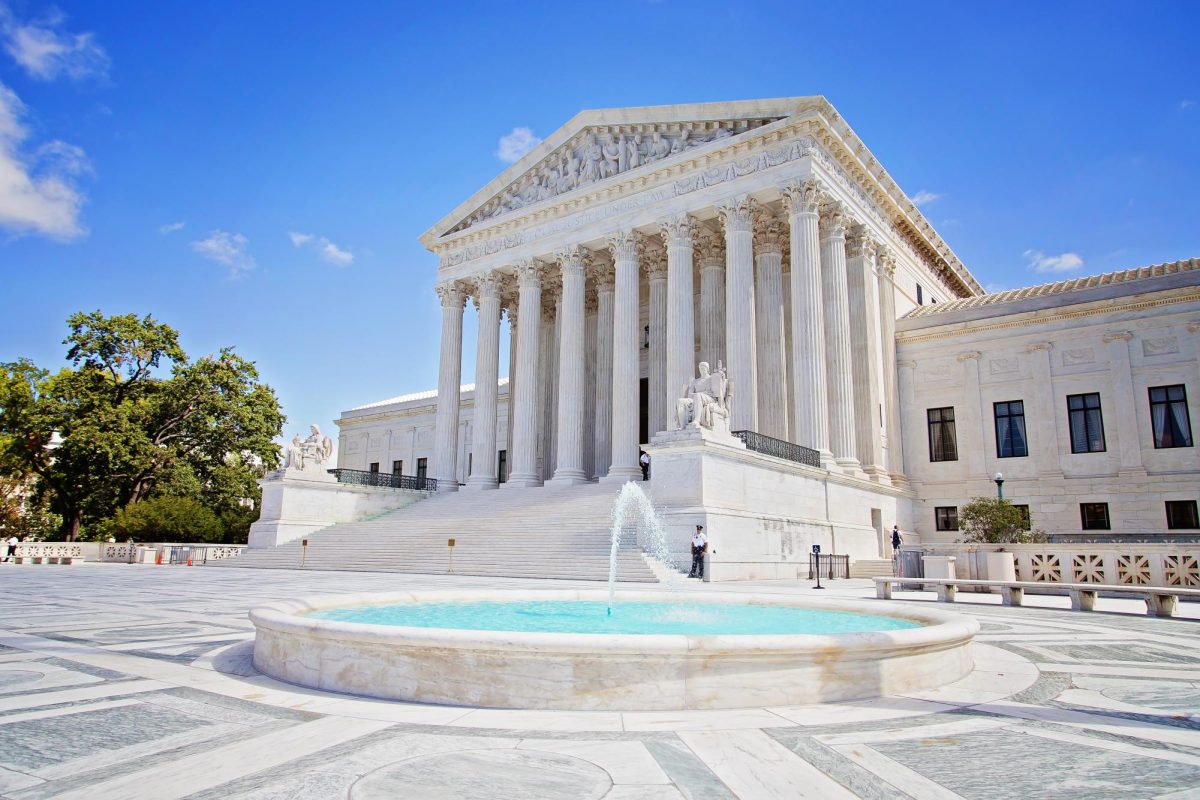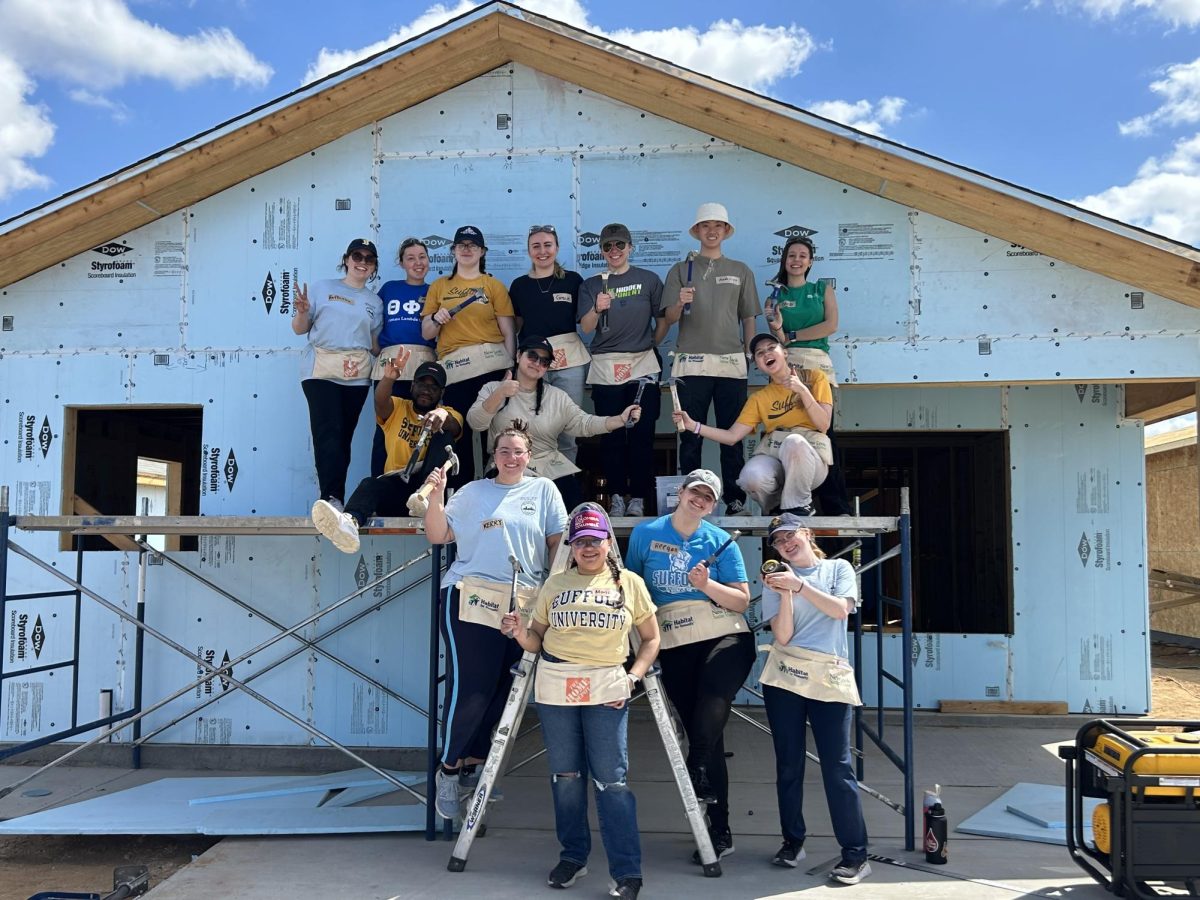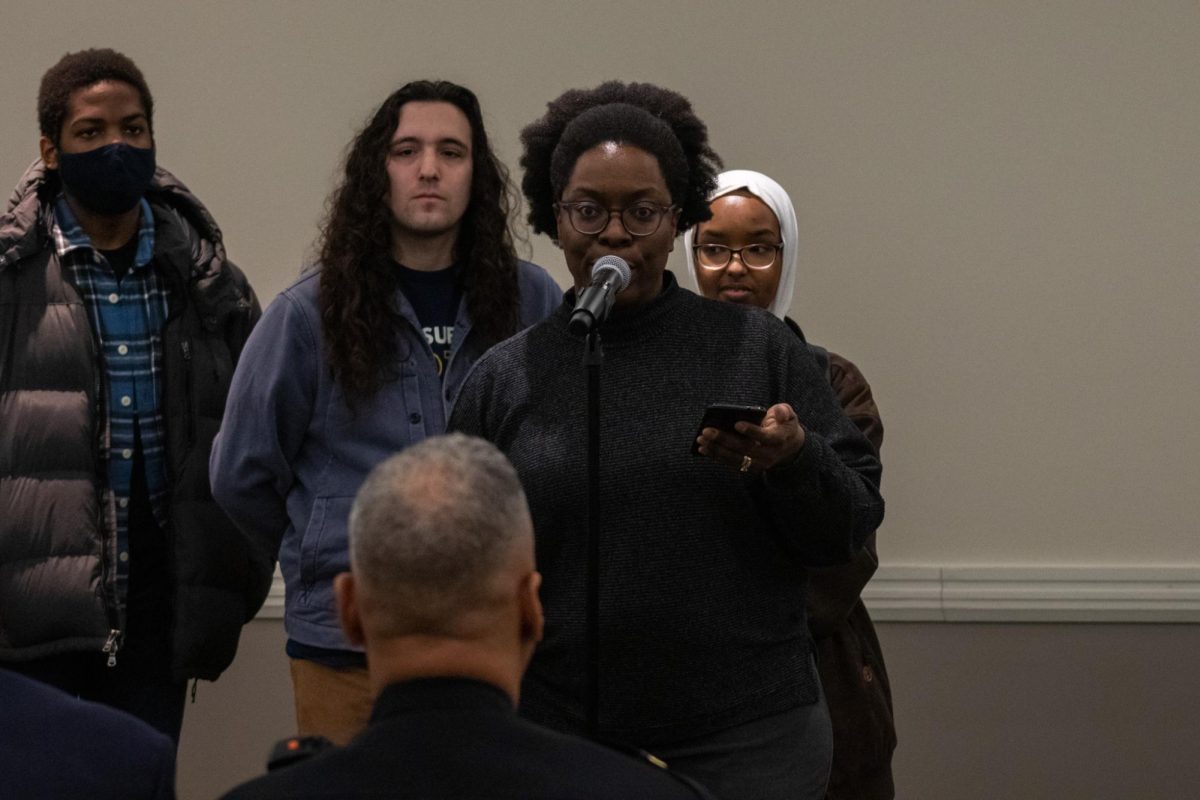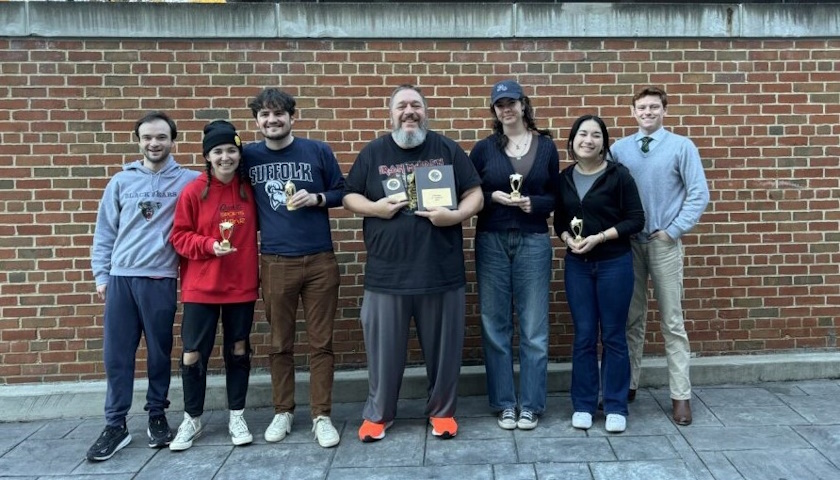Gyasi Ross spoke at Suffolk University on Tuesday evening and led a discussion of American symbolism and how those with privilege can become allies in dismantling the systems that oppress people. Ross was invited in recognition of Native American Heritage Month, as he is a member of the Blackfeet Nation and is an author, speaker, activist and lawyer.
“The work you folks have chosen to engage in is not based in benevolence; it’s not based upon altruism, it’s based upon functional need,” said Ross during the event.
Ross began the discussion by inviting everyone to consider the way systems of law have been built to provide opportunities for white, property owning, families. He stated a seminal case for this development is the Johnson v. Mcintosh (1823) ruling that determined Native Americans never held ownership over the land, and that private individuals could not buy property from them. This essentially afforded the United States government the opportunity to monopolize the land, providing white men to own the majority of land until African American and Native American were able to purchase land in 1865 and 1877 respectively. This effect is still seen today, as white americans own around 864,000,000 acres of land, while blacks own 8,000,000 acres and Native Americans own around 3,000,000 acres, according to Ross..
“History becomes such a great conduit to have in these conversations,” said Ross. “History becomes inarguable. This really existed, as a function of law this really existed.”
Ross stated this disparity becomes intertwined with education, as children from property owning families are more likely to go to college. The children of landowning families benefit from privilege of stability that is not always afforded to the families who don’t own property, namely the families of color. This creates a system of privilege that people today never had an influence in creating, but nevertheless benefit from and continue. The privileges provided to those who benefit from these systems can prevent exposure to those who are diminished from these systems, and therefore don’t comprehend the value of dismantling the ways oppression manifests.
He stated that organizing communities working for social justice need to focus less on shaming privileged groups, and rather invite them to be allies.
“My hope in making allies is I want somebody that loves themselves but realizes their role in the larger ecosystem. I want to embolden and empower that person to feel like they can do something,” said Ross. “That’s the opposite of shame. People will feel shame regardless of color and they won’t want to do anything. I call it paralysis by analysis.”
“We are having a war of symbols. And those wars, even though it’s about symbols, rhetorical devices, they’re in danger of violent. We are at a point right now where we’re deciding which symbols are going to become important for us moving forward,” said Ross.
He stated that he hopes this generation is capable of shaping the conversation so the symbols reflect the values of today. These symbols act as a placeholder for conversations that need to be had regarding reparations that aren’t emotionally charged.


